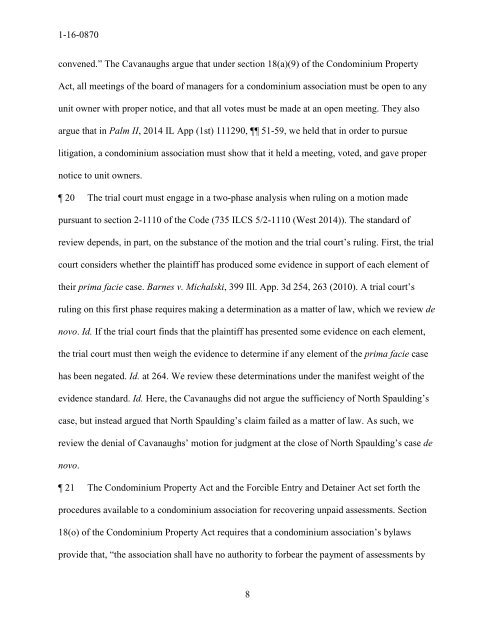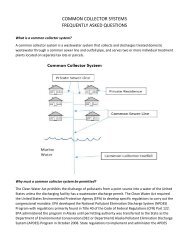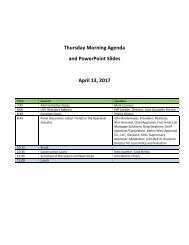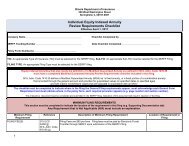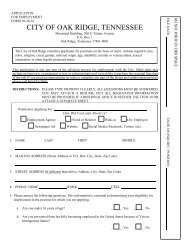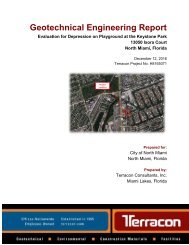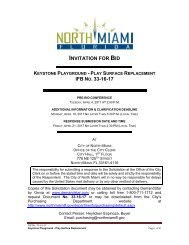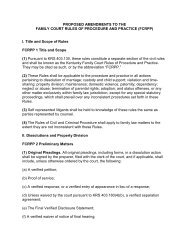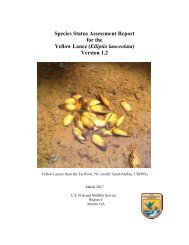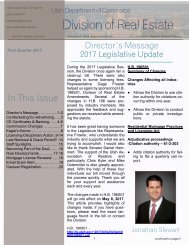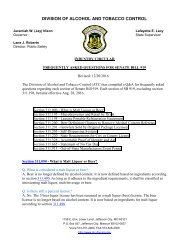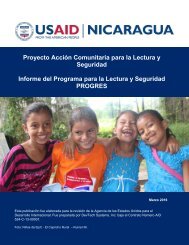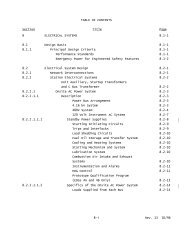1160870
1160870
1160870
You also want an ePaper? Increase the reach of your titles
YUMPU automatically turns print PDFs into web optimized ePapers that Google loves.
1-16-0870<br />
convened.” The Cavanaughs argue that under section 18(a)(9) of the Condominium Property<br />
Act, all meetings of the board of managers for a condominium association must be open to any<br />
unit owner with proper notice, and that all votes must be made at an open meeting. They also<br />
argue that in Palm II, 2014 IL App (1st) 111290, 51-59, we held that in order to pursue<br />
litigation, a condominium association must show that it held a meeting, voted, and gave proper<br />
notice to unit owners.<br />
20 The trial court must engage in a two-phase analysis when ruling on a motion made<br />
pursuant to section 2-1110 of the Code (735 ILCS 5/2-1110 (West 2014)). The standard of<br />
review depends, in part, on the substance of the motion and the trial court’s ruling. First, the trial<br />
court considers whether the plaintiff has produced some evidence in support of each element of<br />
their prima facie case. Barnes v. Michalski, 399 Ill. App. 3d 254, 263 (2010). A trial court’s<br />
ruling on this first phase requires making a determination as a matter of law, which we review de<br />
novo. Id. If the trial court finds that the plaintiff has presented some evidence on each element,<br />
the trial court must then weigh the evidence to determine if any element of the prima facie case<br />
has been negated. Id. at 264. We review these determinations under the manifest weight of the<br />
evidence standard. Id. Here, the Cavanaughs did not argue the sufficiency of North Spaulding’s<br />
case, but instead argued that North Spaulding’s claim failed as a matter of law. As such, we<br />
review the denial of Cavanaughs’ motion for judgment at the close of North Spaulding’s case de<br />
novo.<br />
21 The Condominium Property Act and the Forcible Entry and Detainer Act set forth the<br />
procedures available to a condominium association for recovering unpaid assessments. Section<br />
18(o) of the Condominium Property Act requires that a condominium association’s bylaws<br />
provide that, “the association shall have no authority to forbear the payment of assessments by<br />
8


